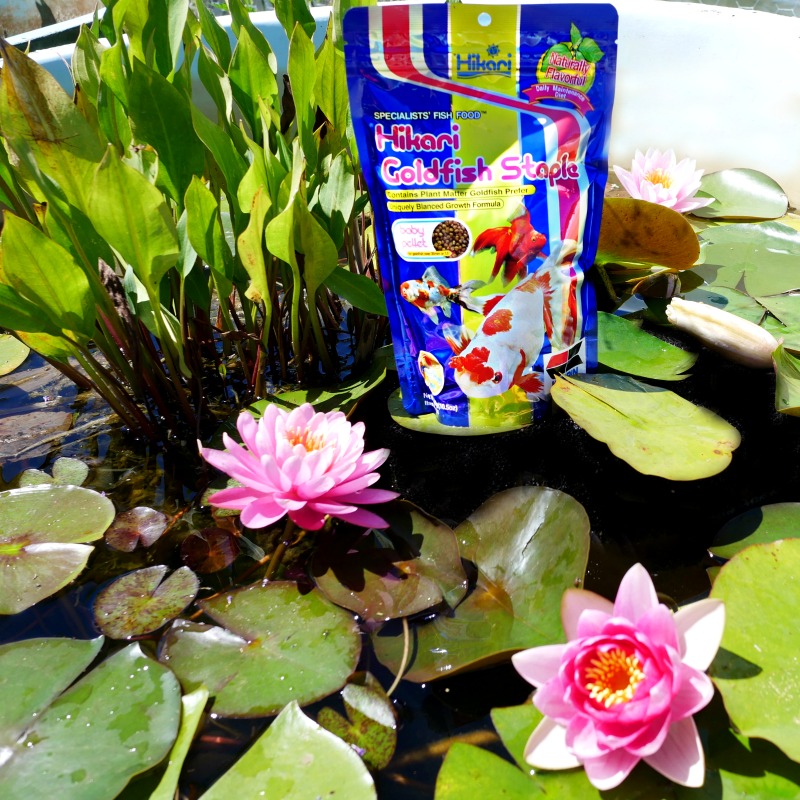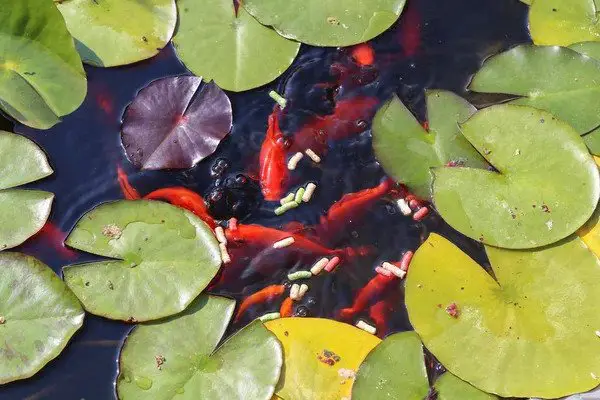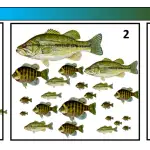Goldfish are a popular choice for outdoor ponds due to their vibrant colors and graceful swimming. If you are a pond owner, you might be wondering what to feed your goldfish to ensure their health and vitality. In this comprehensive guide, we will explore the dietary needs of goldfish in ponds and provide valuable insights into the best foods to keep your aquatic pets happy and thriving.
Understanding the Dietary Needs of Goldfish
Goldfish are omnivores, which means they require a balanced diet consisting of both plant and animal matter. In a pond environment, their diet can consist of natural foods as well as specially formulated commercial fish foods. It’s essential to provide a variety of foods to meet their nutritional requirements and promote their overall well-being.
Natural Foods for Goldfish in Ponds
Goldfish can forage for natural foods in their pond environment, which can include:
- Aquatic plants and algae
- Insects and their larvae
- Small crustaceans
- Earthworms and other small invertebrates
These natural foods not only provide essential nutrients but also encourage natural behaviors such as rooting and grazing, which are beneficial for the overall health of goldfish.

Credit: gradexco.com
Commercial Fish Foods for Goldfish
Supplementing natural foods with high-quality commercial fish foods is crucial for ensuring that goldfish receive a well-rounded diet. There are several types of commercial fish foods suitable for goldfish, including:
- Flakes: These floating flakes are a staple diet for many pond goldfish and provide essential nutrients.
- Pellets: Sinking pellets are ideal for larger goldfish and can offer a balanced mix of proteins and carbohydrates.
- Live Foods: Daphnia, bloodworms, and brine shrimp can be offered as occasional treats to provide enrichment and variety in their diet.
When choosing commercial fish foods, opt for reputable brands that offer a balanced nutritional profile and avoid overfeeding, as this can lead to water quality issues in the pond.
Feeding Guidelines for Goldfish in Ponds
Establishing a feeding routine is essential for maintaining the health and vitality of goldfish in ponds. Here are some feeding guidelines to keep in mind:
- Feed small amounts multiple times a day, rather than a large quantity once a day, to prevent overfeeding and minimize waste.
- Observe the behavior of your goldfish during feeding to ensure that all fish have the opportunity to eat and adjust the feeding amount accordingly.
- Monitor water quality regularly and adjust the feeding frequency based on the pond’s capacity to handle the fish waste.
By following these guidelines, you can ensure that your goldfish receive adequate nutrition while maintaining a healthy pond environment.
Supplementing the Diet with Vegetables
Adding vegetables to your goldfish’s diet can provide essential fiber and nutrients. Some suitable vegetables for goldfish include:
- Peas: Cooked and skinned peas can be offered as a nutritious occasional treat.
- Zucchini: Slices of blanched zucchini can serve as a source of fiber and vitamins for goldfish.
- Lettuce: Leafy greens like romaine lettuce can be offered in small quantities as a supplemental food.
Introducing vegetables can diversify the goldfish’s diet and contribute to their overall health and digestion.

Credit: www.windsorfishhatchery.com.au
Conclusion
Understanding the dietary needs of goldfish in ponds is essential for their well-being. By providing a balanced diet that includes natural foods, commercial fish foods, and supplemental vegetables, you can ensure that your goldfish thrive in their aquatic environment. Remember to monitor feeding habits and water quality regularly to maintain a healthy and vibrant pond for your goldfish to enjoy.



